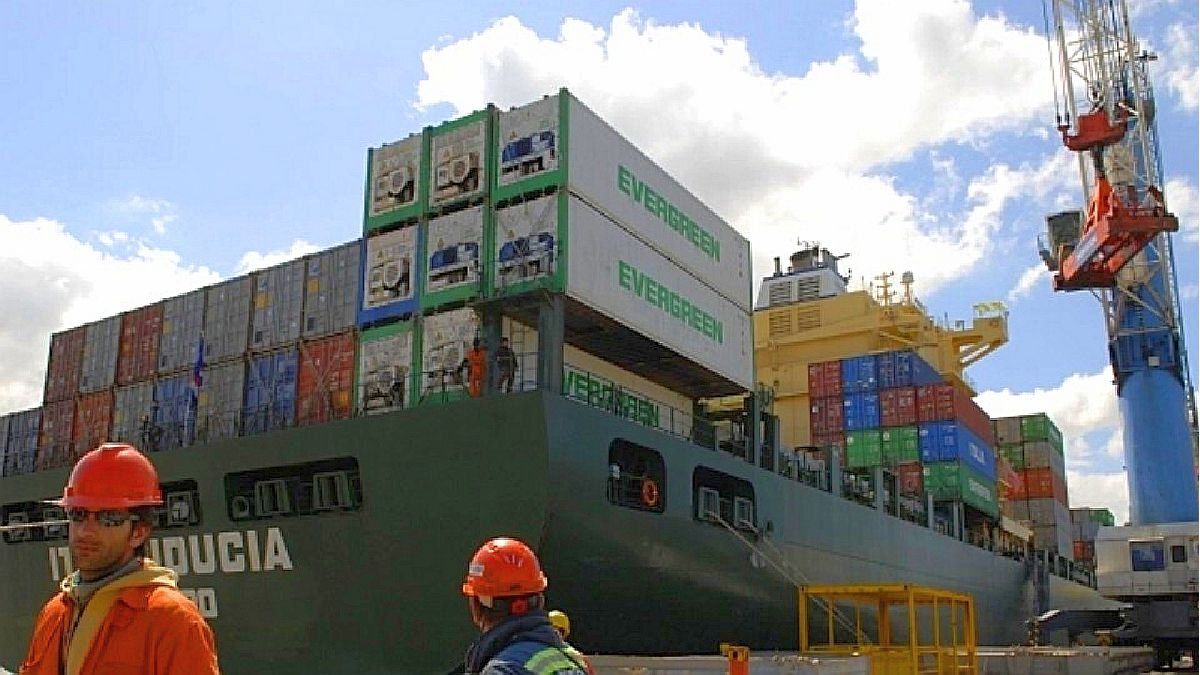In July, according to INDEC, foreign purchases were declared for US$8.210 million, but according to the BCRA US$6.55 billion were paid. Beyond the fact that, due to the normal operation of foreign trade, there are differences between the settlement of operations and their declaration, in the current context there are regulations that limit the sale of foreign currency to importers and force them to seek financing for up to 180 days, something that It is not usual in the activity.
According to private analysts, if the government intends to retain US bills to add to the reserves, it has three scenarios: one is devaluation, another is splitting, and another is the deepening of the stocks. According to reports, Minister Sergio Massa is going to go for the latter. In addition to adding new sumptuary products to the Non-Automatic Licensing system, analyzes modifying the Financial Economic Capacity (CEF) indicator applied by the Federal Administration of Public Revenues (AFIP) companies that ask to import.
In February of this year, the former head of AFIP, Mercedes Marcó del Pont, generated an important brake to imports when modifying the CEF. The indicator is prepared with a polynomial formula that companies consulted by Ambito Financiero rate as “indecipherable”. The current head of the collection agency, Carlos Castagneto, plans to review this formula, according to what he learned from official sources.
Beyond this, this year the BCRA rules allow companies free access to official dollars for up to 5% more than what they accessed in 2021. Without outnumbering purchases, companies quickly cover that quota because in 2022 prices rose due to the effects of the war in Eastern Europe.
so far this year, According to the Central Bank, US$41,922 million were sold, although purchases for US$49,611 million were declared at Customs. The difference at some point will have to be paid. The private sector is accumulating debt for almost US$7,689 million.
The amount of dollars sold this year to import is 27% higher than that made in the first seven months of 2021, totaling US $ 8,944 million more.
Meanwhile, although the Indec data showed that in July there was a deficit of US$437 million, the cash flow actually left a surplus of $689 million. The previous month they had been US$1,678 million, which indicates that the foreign exchange balance is also beginning to feel the impact of lower exports.
Sebastián Galiani, former Vice Minister of Economy during the government of Mauricio Macri, stated in this regard that in economic matters “if you do not want to adjust by price, you have to adjust by quantity, then you put more and more traps on imports of inputs and affect economic activity more and more”. “It’s a little more inflation or a little more recession. If the Central Bank doesn’t have reserves and doesn’t want to devalue, it has to tell someone ‘I’m not selling you,’ and that list is growing,” he said.
Source: Ambito
David William is a talented author who has made a name for himself in the world of writing. He is a professional author who writes on a wide range of topics, from general interest to opinion news. David is currently working as a writer at 24 hours worlds where he brings his unique perspective and in-depth research to his articles, making them both informative and engaging.




